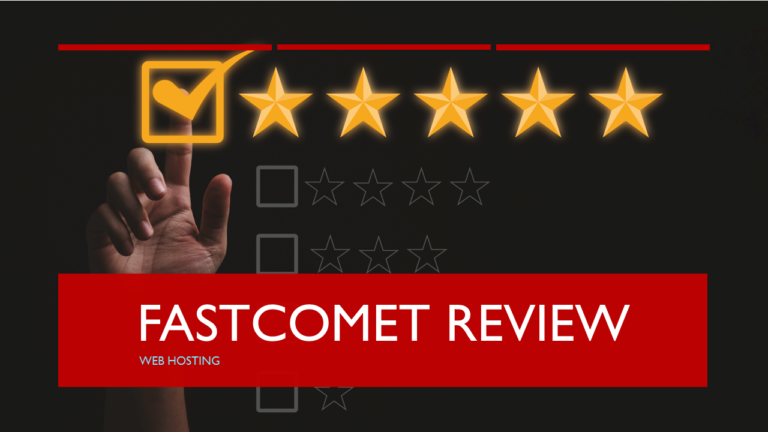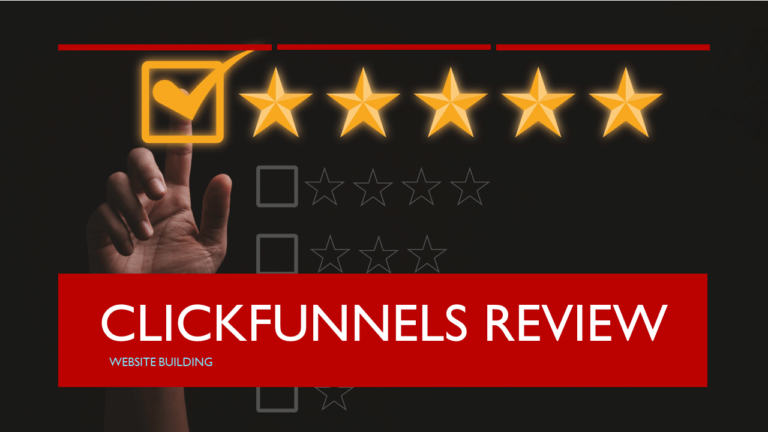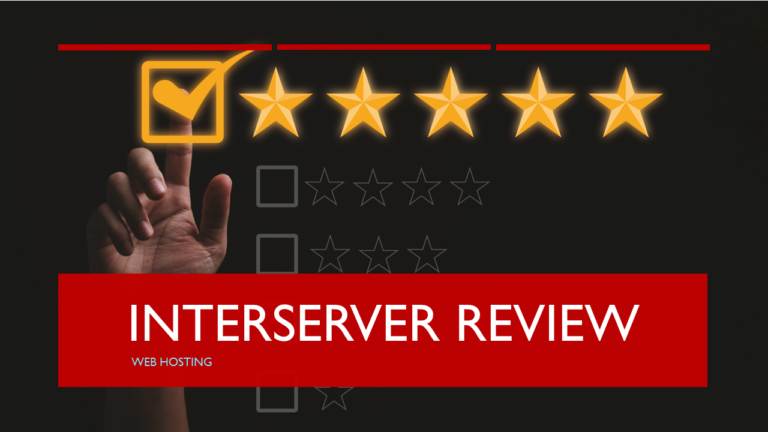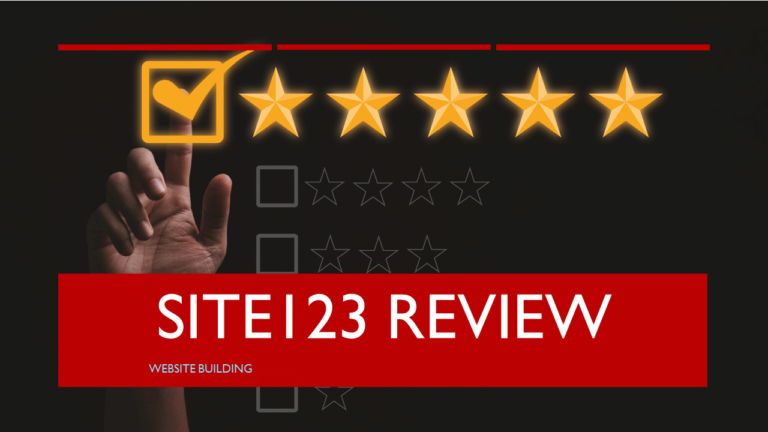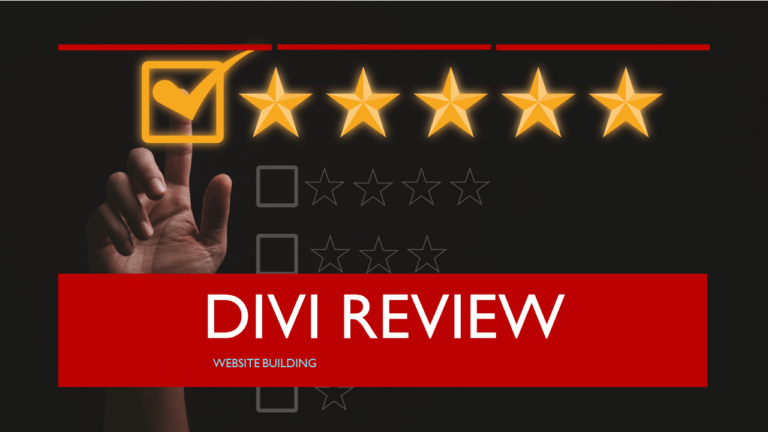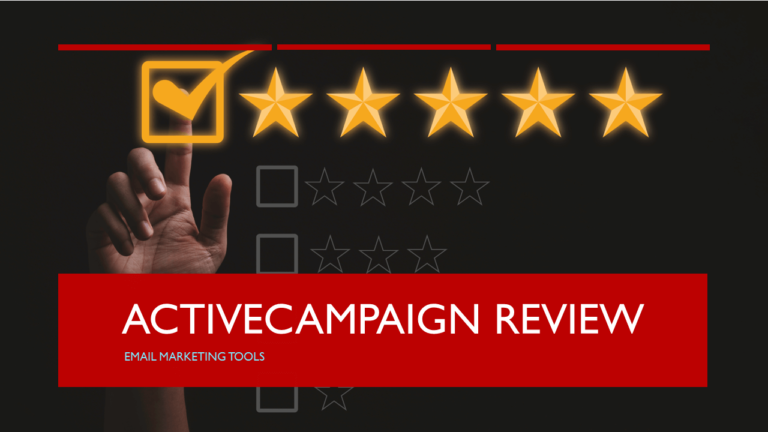
What are Website Builders?
In today’s digital age, having an online presence is essential for individuals, businesses, and organizations. A website serves as a virtual storefront, a platform to showcase talents, products, or services, and a means to connect with a global audience. Creating a website, however, used to be a daunting task that required technical expertise in coding and design. This is where website builders come in.
Website builders are powerful tools that empower individuals and businesses to create professional and visually appealing websites without the need for extensive coding knowledge. These platforms offer intuitive interfaces and drag-and-drop functionalities, allowing users to customize their websites with ease. From choosing templates to adding content and integrating interactive elements, website builders simplify the complex process of web development, making it accessible to everyone, regardless of their technical background.
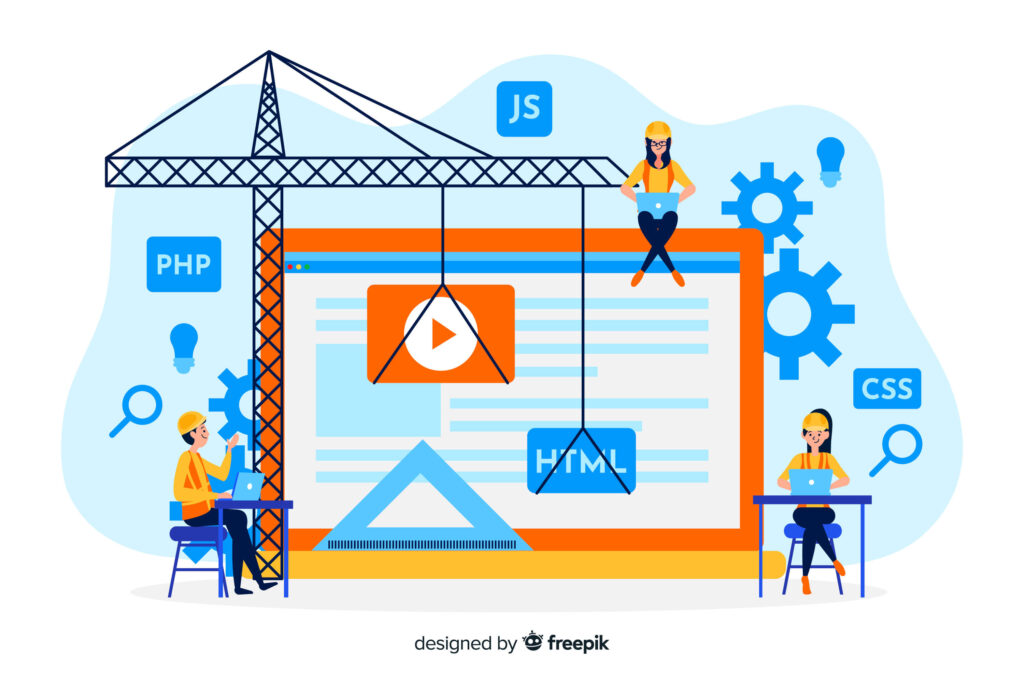
Importance of Choosing the Right Website Builder
While website builders make it easier to create a website, choosing the right one is crucial for achieving online success. Each website builder comes with its own set of features, templates, and pricing plans. Factors such as user-friendliness, design flexibility, e-commerce capabilities, and search engine optimization tools play a vital role in the decision-making process.
Moreover, the choice of a website builder can significantly impact the website’s performance, user experience, and scalability. Businesses, in particular, need to select a platform that aligns with their goals and can adapt as their needs evolve over time.
In this comprehensive review blog, we will explore various types of website builders, delve into popular platforms, analyze their key features, and provide valuable insights into making an informed decision. Whether you’re a small business owner, a creative professional, or an individual looking to establish an online presence, understanding the world of website builders is the first step toward building a successful and impactful website.
Types of Website Builders
In this section, we will explore the different types of website builders available in the market today. Understanding these categories will help you grasp the varied approaches to website building and aid in making an informed choice based on your specific needs.
1. Drag-and-Drop Website Builders
Drag-and-drop website builders are designed for users who have limited technical skills. These builders provide a user-friendly interface where elements like text, images, videos, and forms can be dragged and dropped onto a canvas. The flexibility and simplicity of these builders make them ideal for beginners and small businesses looking to create a basic online presence quickly.
Advantages:
- Ease of Use: No coding skills required; intuitive interface.
- Quick Deployment: Websites can be built in a matter of hours.
- Pre-designed Templates: Access to a variety of templates for different industries.
Disadvantages:
- Limited Customization: Limited flexibility compared to other types.
- Scalability Concerns: May not be suitable for complex, large-scale websites.
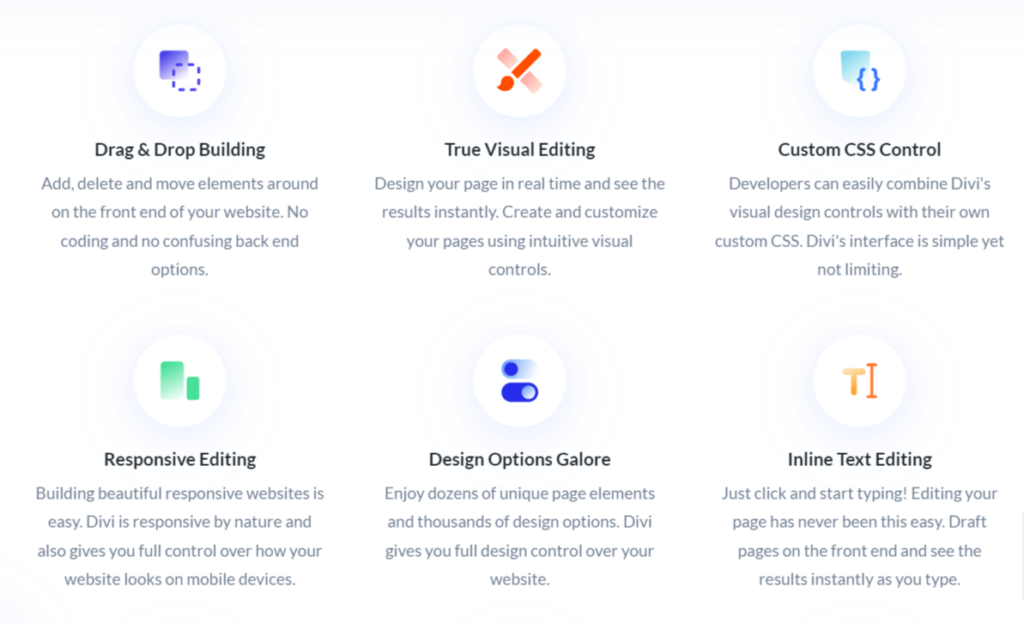
2. Content Management System (CMS) Platforms
CMS platforms like WordPress, Joomla, and Drupal offer more flexibility and customization options. They are favored by bloggers, content creators, and businesses that require a dynamic, content-focused website. CMS platforms provide a framework where users can create, edit, and manage digital content. They often have extensive plugin ecosystems, allowing users to add features such as social media integration, e-commerce capabilities, and SEO tools.
Advantages:
- Flexibility: Highly customizable with themes, plugins, and extensions.
- Content Focus: Ideal for blogs, news sites, and content-heavy websites.
- Community Support: Large user communities provide help and resources.
Disadvantages:
- Learning Curve: Steeper learning curve, especially for beginners.
- Maintenance: Regular updates and maintenance are necessary for security.
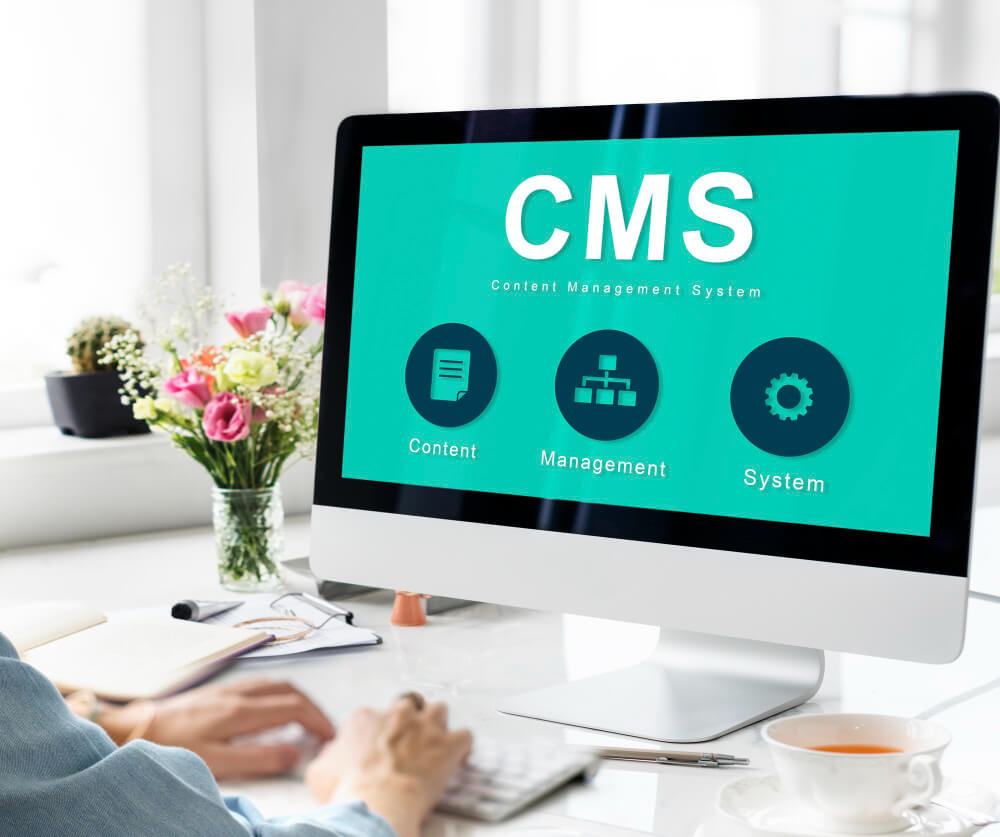
3. E-commerce Website Builders
E-commerce website builders, like Shopify, BigCommerce, and WooCommerce (a WordPress plugin), are tailored for online stores. They come equipped with features specifically designed for selling products or services online. These platforms often include inventory management, payment gateways, and order tracking systems, making them ideal for entrepreneurs and businesses looking to establish an online store.
Advantages:
- E-commerce Features: Built-in tools for product management, payments, and shipping.
- Templates: Specialized templates designed for showcasing products effectively.
- Scalability: Can handle a large number of products and high traffic.
Disadvantages:
- Cost: E-commerce features may come at a higher price compared to other types.
- Complexity: Setting up and configuring online stores can be intricate.
4. Custom Website Builders
Custom website builders are for businesses or individuals with unique requirements that cannot be met by standard templates or pre-built solutions. These builders offer complete creative freedom, allowing users to design and develop a website from scratch. They often require coding knowledge or the assistance of a web developer.
Advantages:
- Total Customization: Design and functionality limited only by technical expertise.
- Unique Branding: Ideal for businesses needing a distinct online identity.
- Specific Functionality: Can integrate specialized features tailored to unique needs.
Disadvantages:
- Technical Skill Required: Proficiency in coding languages like HTML, CSS, and JavaScript is necessary.
- Time and Cost: Building a custom website can be time-consuming and expensive.
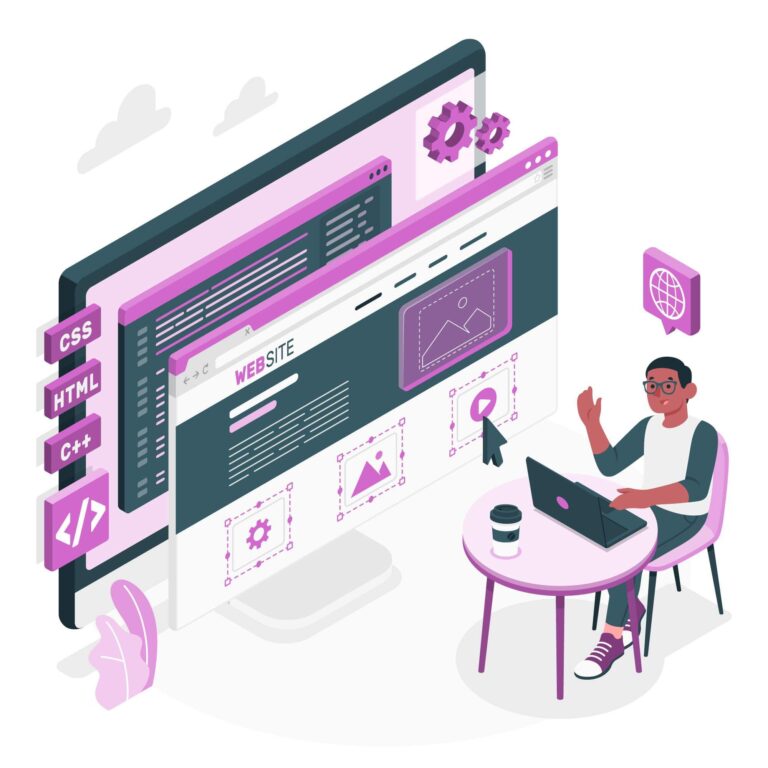
Understanding the different types of website builders is crucial as it lays the foundation for your decision-making process. In the following sections, we will delve deeper into popular website builder platforms, analyzing their features, pros, and cons to help you choose the best fit for your specific requirements.
Popular Website Builder Platforms
In this section, we will take an in-depth look at some of the most popular website builder platforms available today. Each platform comes with its own unique features, templates, and ease of use, catering to various needs and preferences. By understanding the specifics of these platforms, you can make a more informed decision about which one aligns best with your requirements.
1. Divi
Divi, a part of Elegant Themes, is a powerful and highly customizable WordPress theme and visual page builder. It is ideal for individuals and businesses looking to create stunning and responsive websites without extensive coding knowledge.
Pros:
- Drag-and-Drop Interface: Intuitive drag-and-drop builder for easy customization.
- Visual Editing: Real-time visual editing for precise design control.
- Pre-designed Templates: Access to a vast library of professionally designed templates.
Cons:
- Learning Curve: Beginners might need time to explore all the advanced features.
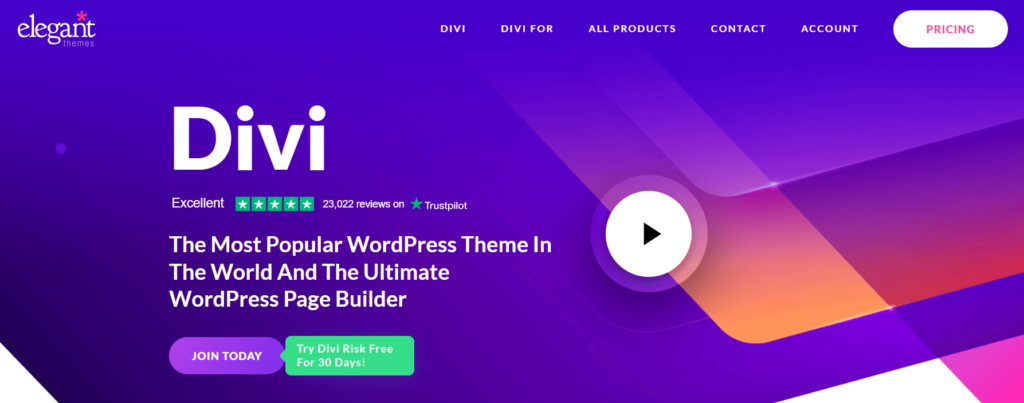
2. Site123
Site123 is a straightforward and user-friendly website builder suitable for beginners and small businesses. It offers pre-made templates and intuitive customization options, making it easy to create functional websites quickly.
Pros:
- Simplicity: Easy-to-use interface, ideal for those with little technical knowledge.
- Templates: Variety of templates catering to different industries.
- Mobile Responsiveness: Ensures websites look good on various devices.
Cons:
- Limited Customization: Limited flexibility compared to more advanced builders.
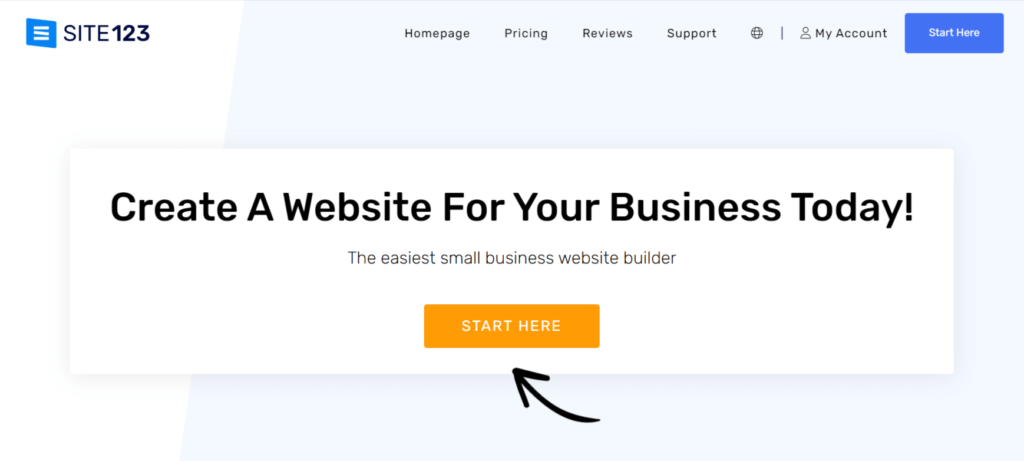
3. ClickFunnels
ClickFunnels is a specialized platform focused on creating high-converting sales funnels and marketing pages. It’s perfect for businesses aiming to optimize their online sales processes and boost conversions.
Pros:
- Sales Funnels: Comprehensive tools for building effective sales funnels.
- Templates: Professionally designed templates for various marketing needs.
- Integration: Easily integrates with third-party tools and payment gateways.
Cons:
- Specific Use: Primarily designed for sales funnels, not ideal for general websites.
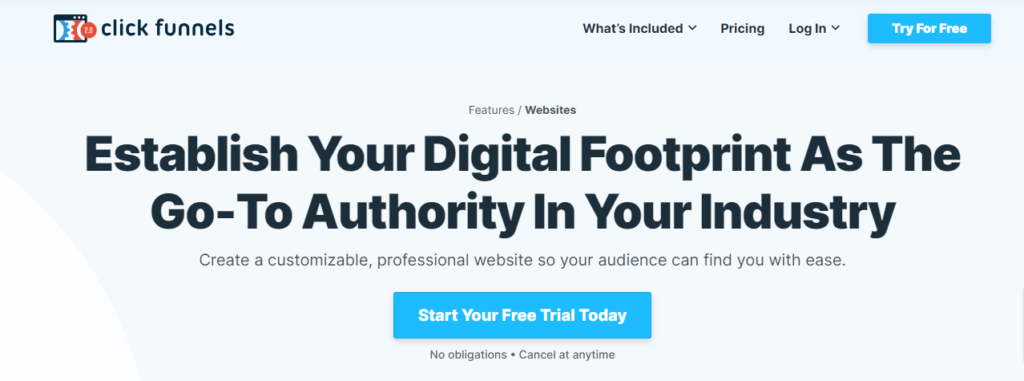
4. Elementor
Elementor is a popular WordPress page builder plugin known for its user-friendly interface and extensive customization options. It empowers users to design visually appealing and responsive websites without coding skills.
Pros:
- Live Editing: Real-time visual editing for immediate feedback on design changes.
- Widgets: Extensive library of widgets for diverse functionality.
- Template Library: Offers a wide range of pre-designed templates.
Cons:
- Limited Free Version: Some advanced features require the Pro version.
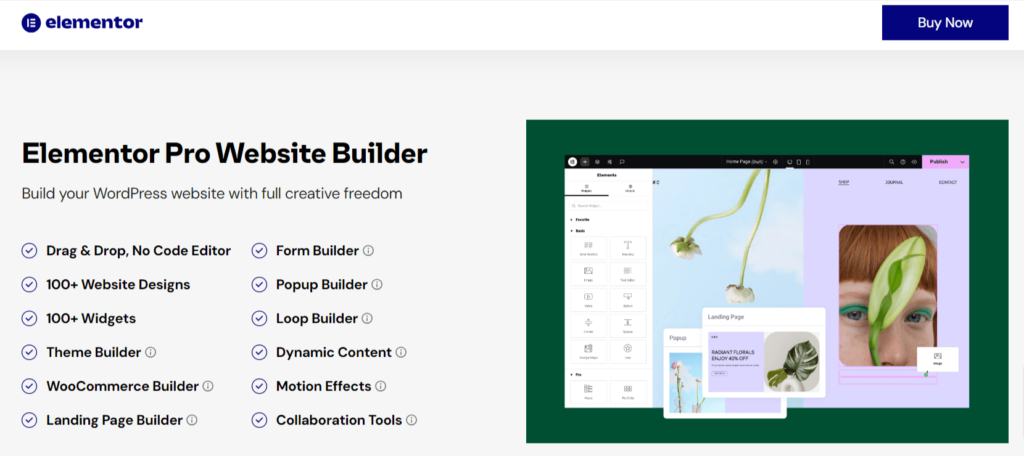
5. Shopify
Shopify is a leading e-commerce platform tailored for businesses of all sizes. It provides a comprehensive solution for building online stores, managing products, processing payments, and optimizing sales.
Pros:
- E-commerce Features: Robust tools for product management, payments, and shipping.
- Templates: Professionally designed themes optimized for online stores.
- App Store: Access to a vast array of third-party apps for extended functionality.
Cons:
- Cost: Pricing might be higher compared to general website builders due to e-commerce focus.
By understanding the unique offerings of Divi, Site123, ClickFunnels, Elementor, and Shopify, you can choose the platform that best aligns with your specific needs and goals. Each platform caters to different requirements, ensuring there’s an ideal solution for every online project.
Key Features to Consider
When choosing a website builder, it’s essential to evaluate various key features to ensure your website not only looks great but also functions effectively. The right combination of features can significantly impact your site’s user experience, search engine visibility, and overall success. Here are the crucial aspects to consider:
1. User-Friendliness and Interface
A user-friendly interface is paramount, especially if you’re new to website building. An intuitive drag-and-drop editor, easy navigation, and clear menu structures contribute to a positive user experience. Consider platforms that offer interactive tutorials and guides for a smoother learning curve.
2. Templates and Design Customization
The availability of professionally designed templates tailored to different industries is essential. Additionally, assess the level of customization each platform allows. Look for builders that offer flexibility in font choices, color schemes, and layout adjustments, enabling you to create a unique and visually appealing website.
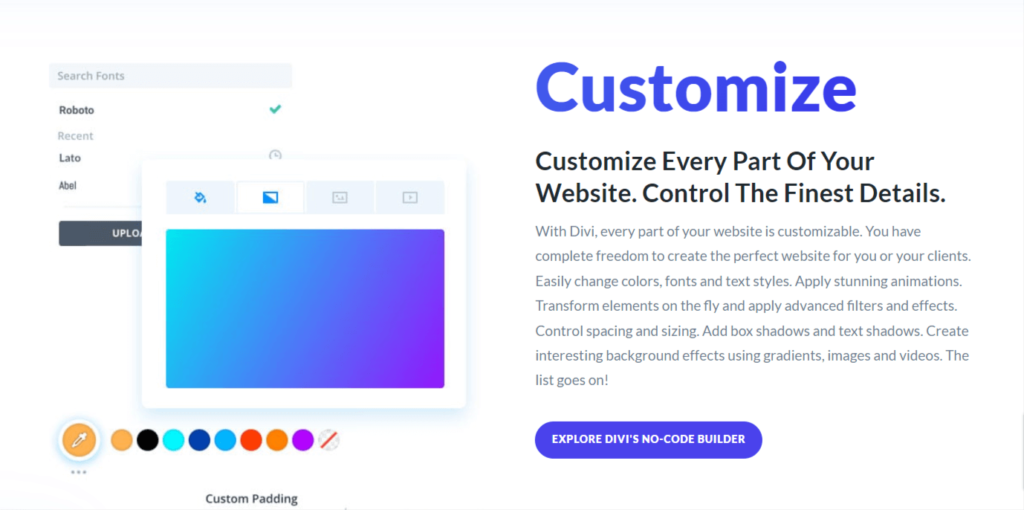
3. E-commerce Capabilities
If you intend to sell products online, prioritize e-commerce features. Look for platforms that provide secure payment gateways, inventory management tools, and the ability to showcase products effectively. Consider the ease of setting up product pages, integrating payment processors, and managing orders and shipping.
4. SEO Tools
Search Engine Optimization (SEO) is crucial for your website’s visibility on search engines like Google. Ensure the website builder you choose offers SEO tools, such as customizable meta titles and descriptions, clean and responsive code, and the ability to create SEO-friendly URLs. Some platforms even provide built-in SEO guides and analytics tools to monitor your website’s performance.
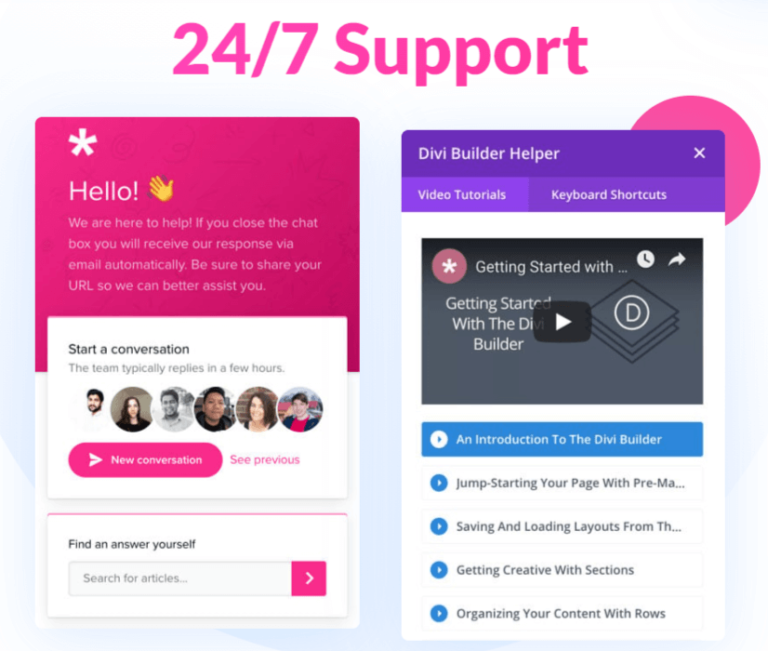
5. Mobile Responsiveness
With the increasing use of smartphones and tablets, having a mobile-responsive website is non-negotiable. Ensure the templates offered are optimized for various screen sizes. A responsive design ensures your site looks and functions well on desktops, laptops, smartphones, and tablets, providing a seamless experience for visitors.
6. Customer Support
Reliable customer support is invaluable, especially if you encounter technical issues or have questions during the website building process. Evaluate the level of customer support offered, including email support, live chat, phone support, and community forums. Prompt and helpful support can save you a lot of time and frustration in the long run.
By thoroughly assessing these key features across different website builder platforms, you can make an informed decision based on your specific needs and goals. In the next section, we will delve into the pros and cons of different website builder types, providing a comprehensive view to assist you further in your decision-making process.
Pros and Cons of Different Website Builder Types
Understanding the advantages and disadvantages of different website builder types is crucial in making an informed decision. Each type has its unique strengths and limitations, catering to various needs and preferences. Here’s a detailed analysis of the pros and cons of each website builder type:
1. Drag-and-Drop Website Builders:
Pros:
- Ease of Use: Intuitive interfaces enable beginners to create websites without technical knowledge.
- Speed: Quick deployment, allowing websites to be built within hours.
- Templates: Pre-designed templates provide a starting point for customization.
Cons:
- Limited Customization: Limited flexibility compared to other types, especially in design.
- Scalability Concerns: Might not be suitable for complex, large-scale websites.
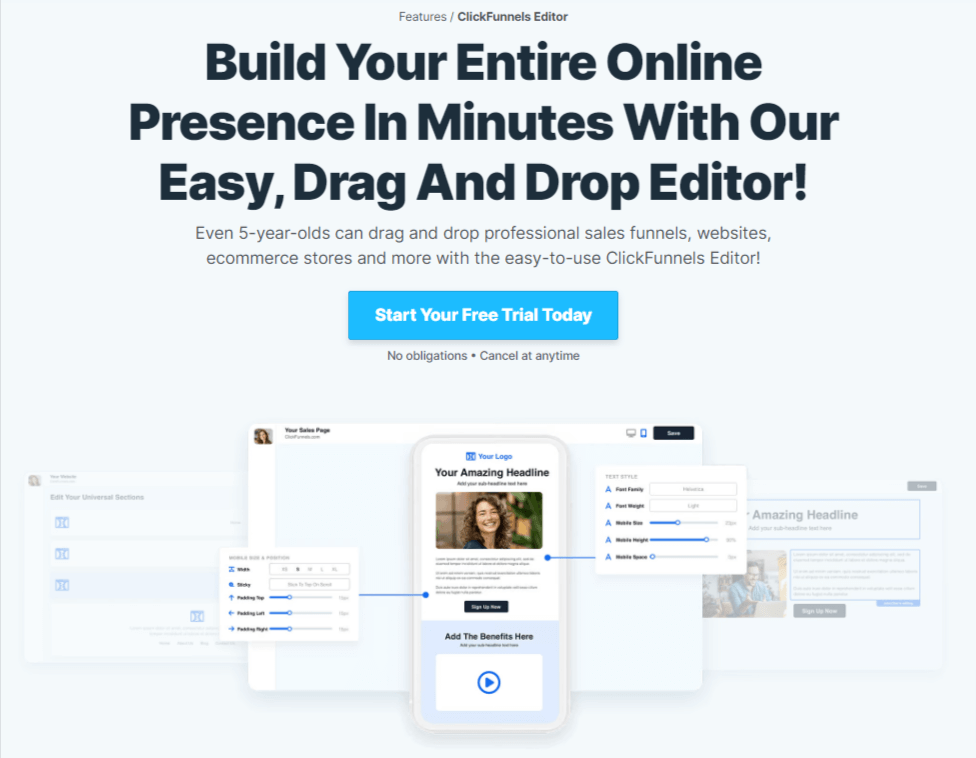
2. Content Management System (CMS) Platforms:
Pros:
- Flexibility: Highly customizable with extensive themes and plugins.
- Content Focus: Ideal for blogs, news sites, and content-heavy websites.
- Community Support: Large community offers assistance and resources.
Cons:
- Learning Curve: Steeper learning curve, especially for beginners.
- Maintenance: Regular updates and security measures are necessary.
3. E-commerce Website Builders:
Pros:
- E-commerce Features: Built-in tools for product management, payments, and shipping.
- Templates: Specialized templates designed for showcasing products effectively.
- Scalability: Can handle a large number of products and high traffic.
Cons:
- Cost: E-commerce features may come at a higher price compared to other types.
- Complexity: Setting up and configuring online stores can be intricate.
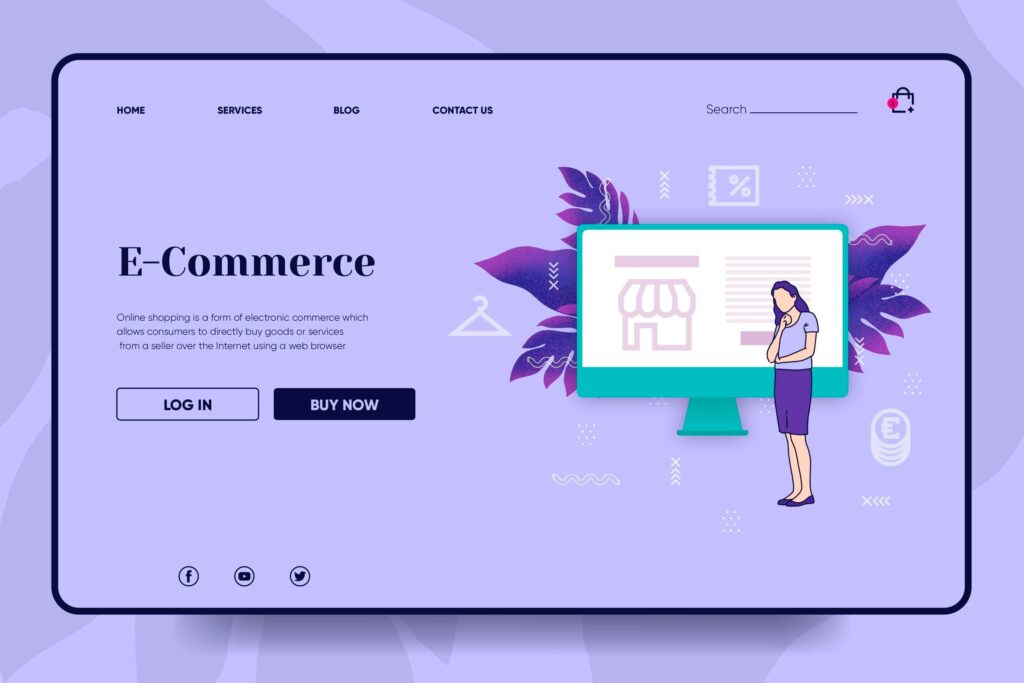
4. Custom Website Builders:
Pros:
- Total Customization: Complete creative freedom in design and functionality.
- Unique Branding: Ideal for businesses needing a distinct online identity.
- Specific Functionality: Can integrate specialized features tailored to unique needs.
Cons:
- Technical Skill Required: Proficiency in coding languages like HTML, CSS, and JavaScript is necessary.
- Time and Cost: Building a custom website can be time-consuming and expensive.
Understanding these pros and cons is crucial for aligning your website needs with the right type of builder. Small businesses looking for a quick and easy solution might prefer drag-and-drop builders, while larger enterprises with specific requirements might opt for CMS platforms or custom solutions.
In the subsequent section, we will discuss essential factors to consider before choosing a website builder. These factors will help you evaluate your priorities and make a well-informed decision that aligns with your goals and resources.
Factors to Consider Before Choosing a Website Builder
Selecting the right website builder involves evaluating various factors to ensure it aligns perfectly with your needs, goals, and budget. Consider the following key factors before making your final decision:
1. Purpose of Your Website:
Define the primary purpose of your website. Are you creating a blog, an online store, a portfolio, or a business website? Different website builders cater to different purposes, so understanding your objectives will guide your choice.
2. Budget and Pricing Plans:
Determine your budget for website development and hosting. Evaluate the pricing plans of different builders, including initial setup costs, monthly or yearly fees, and any additional expenses for custom domains or premium features. Ensure the chosen plan fits your budget in the long run.
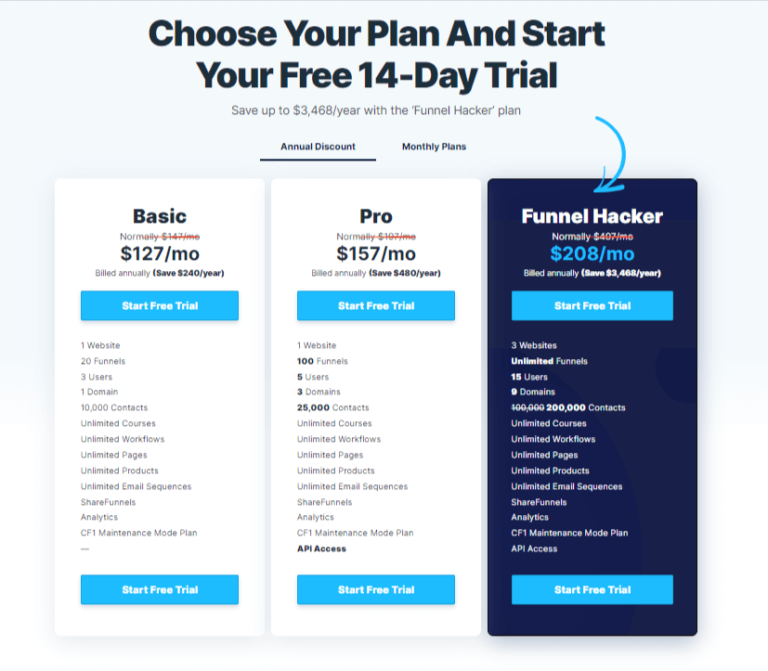
3. Scalability and Future Expansion:
Consider the future growth of your website. Ensure the chosen platform allows scalability, enabling you to add more features, pages, and functionalities as your business or audience expands. Avoid platforms that might restrict your growth potential.
4. Third-Party Integrations:
Check the availability of third-party integrations and plugins. These integrations can enhance your website’s functionality by adding features like social media sharing, email marketing, analytics, and more. Ensure the website builder supports the integrations crucial for your business operations.
5. Security Features:
Security is paramount for any website. Ensure the website builder provides SSL certification, secure payment gateways (if applicable), and regular security updates. Consider platforms with built-in security features and protocols to protect your website and user data.
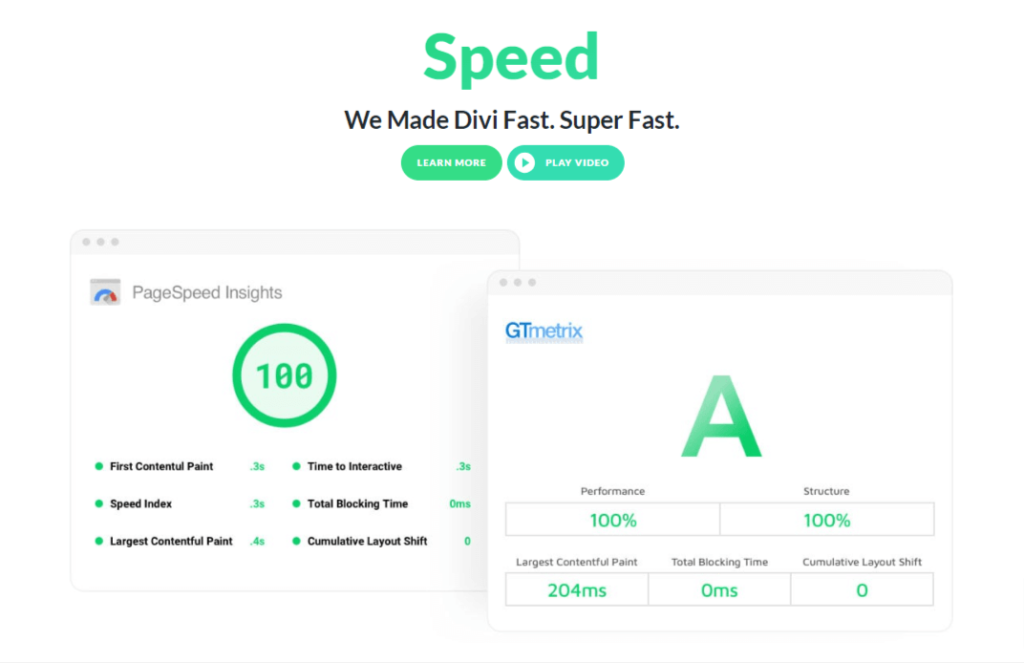
6. Template Selection and Customization:
Evaluate the variety and quality of templates offered by the platform. Look for templates that match your industry or style preferences. Additionally, assess the level of customization each builder allows. Consider platforms that offer flexibility in design, allowing you to create a unique and visually appealing website.
7. User Support and Documentation:
Reliable customer support is essential, especially if you encounter technical issues. Check the availability of customer support channels such as email, live chat, or phone support. Additionally, explore the availability of comprehensive documentation, tutorials, and community forums, which can be valuable resources when troubleshooting issues.
8. Performance and Loading Speed:
Website speed and performance significantly impact user experience and search engine rankings. Choose a website builder that generates optimized, fast-loading websites. Look for platforms with content delivery networks (CDNs) and caching mechanisms to enhance speed and performance.
By carefully considering these factors, you can narrow down your options and choose a website builder that not only meets your immediate needs but also provides room for growth and adaptability. Conduct thorough research, read user reviews, and take advantage of free trials (if available) to make an informed decision that aligns with your vision for your online presence.
Case Studies
In this section, we’ll explore real-world case studies of businesses and individuals who have successfully utilized website builders to establish their online presence. These stories provide valuable insights into how different website builders have been instrumental in achieving various goals and objectives.
1. E-commerce Success with Shopify:
Case Study: The Rustic Emporium
Background: The Rustic Emporium, a small handmade furniture store, wanted to expand its customer base beyond their local area. They chose Shopify for its robust e-commerce features.
Outcome: By utilizing Shopify’s user-friendly interface and built-in marketing tools, The Rustic Emporium created an online store that showcased their products beautifully. With Shopify’s secure payment gateways and mobile responsiveness, they significantly increased their online sales. The platform’s scalability allowed them to add new products and manage inventory seamlessly, contributing to their e-commerce success.
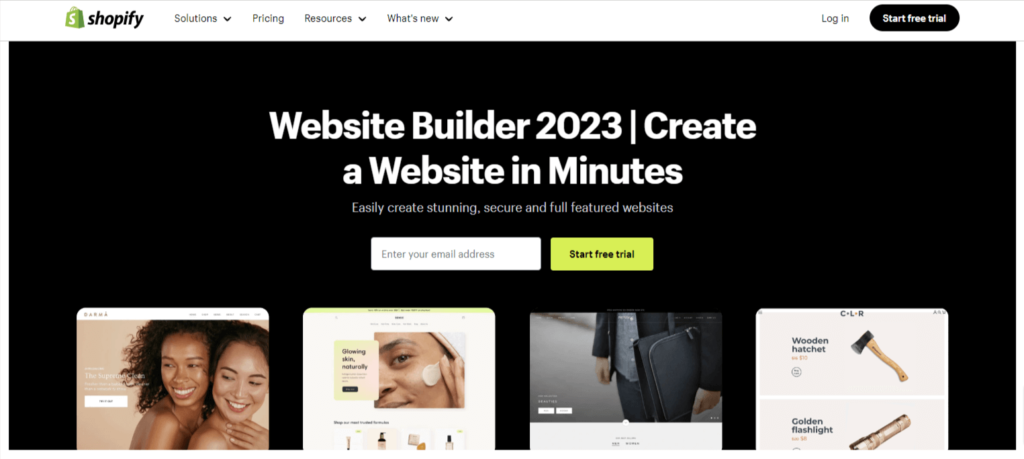
2. Creative Expression with Divi:
Case Study: The Creative Canvas Portfolio
Background: An aspiring graphic designer, Maya, sought to create an eye-catching portfolio. She chose Divi for its drag-and-drop capabilities and design flexibility.
Outcome: Using Divi’s intuitive editor, Maya crafted a visually stunning portfolio featuring her best designs. Divi’s wide range of modules allowed her to showcase her work creatively. The platform’s pre-designed layouts provided a professional look without the need for extensive customization. The Creative Canvas Portfolio became a testament to Divi’s power in expressing creativity online.
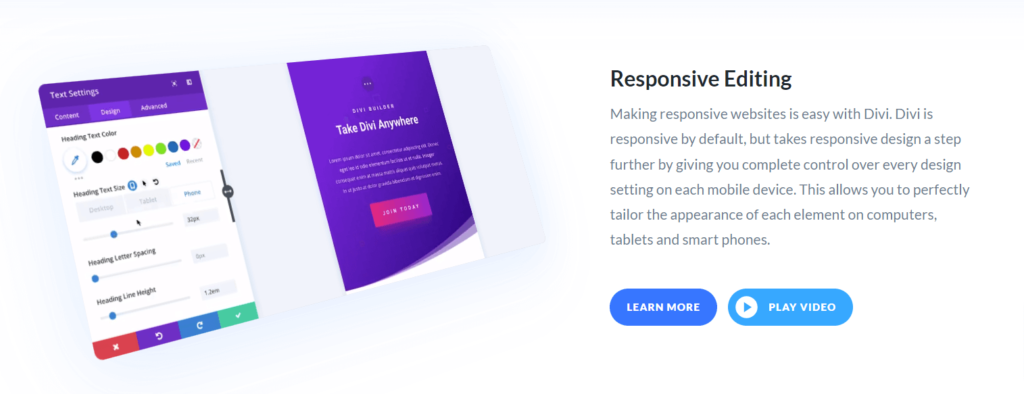
3. Blogging and Content Creation with Elementor:
Case Study: The Travel Enthusiast Blog
Background: A travel enthusiast, Alex, wanted to share travel experiences and tips. They opted for Elementor due to its rich template library and intuitive design features.
Outcome: Utilizing Elementor’s drag-and-drop editor, Alex created an engaging travel blog. Elementor’s templates provided a captivating visual appeal, and the platform’s flexibility allowed for seamless integration of multimedia content. Elementor’s inline editing feature made content creation efficient, enabling Alex to focus on storytelling. The Travel Enthusiast Blog became a hub for travel enthusiasts seeking inspiration and information.
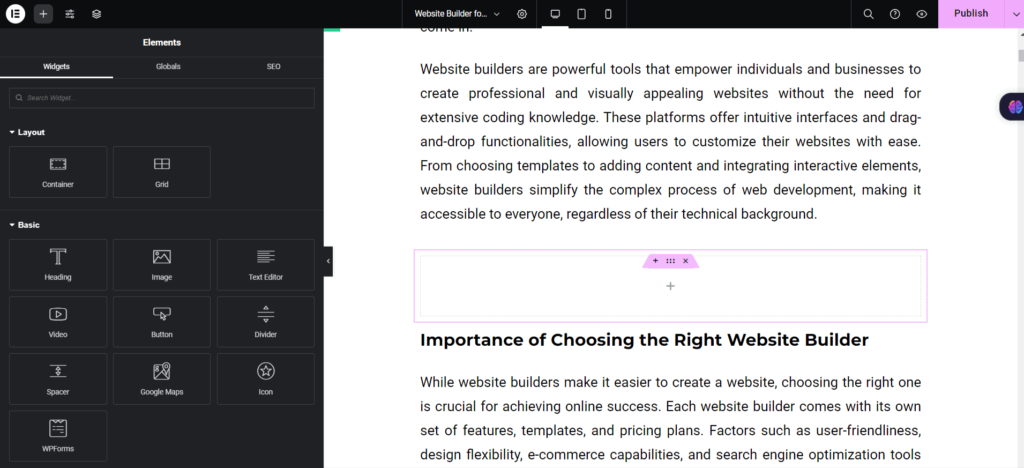
4. High-Converting Sales Funnels with ClickFunnels:
Case Study: The Fitness Transformation Program
Background: A fitness coach, Sarah, aimed to sell her online fitness programs effectively. She chose ClickFunnels for its specialized sales funnel capabilities.
Outcome: Sarah utilized ClickFunnels to create high-converting sales funnels for her fitness programs. ClickFunnels’ drag-and-drop builder allowed her to design landing pages, upsell offers, and thank-you pages seamlessly. The platform’s integration with payment gateways facilitated secure transactions, and the built-in analytics provided valuable insights into customer behavior. The Fitness Transformation Program achieved remarkable sales and customer engagement through ClickFunnels’ targeted marketing approach.
These case studies showcase the diverse capabilities of website builders like Site123, Divi, Elementor, and ClickFunnels, emphasizing their suitability for specific purposes and objectives. Each platform empowers individuals and businesses in unique ways, allowing them to achieve their online goals effectively and efficiently.
Tips for Building a Successful Website
Building a successful website goes beyond choosing the right website builder. It involves thoughtful design, compelling content, effective marketing, and user engagement strategies. Here are essential tips to ensure your website not only looks great but also attracts visitors and achieves your goals:
1. Design Tips and Best Practices:
- Simplicity is Key: Keep your design clean and uncluttered. A simple layout enhances user experience and makes navigation easier.
- Consistent Branding: Maintain consistent colors, fonts, and imagery across all pages to reinforce your brand identity.
- Mobile Responsiveness: Ensure your website is fully responsive, providing seamless user experience on various devices.
- High-Quality Images: Use high-resolution images to enhance visual appeal. Compress images to optimize loading speed.
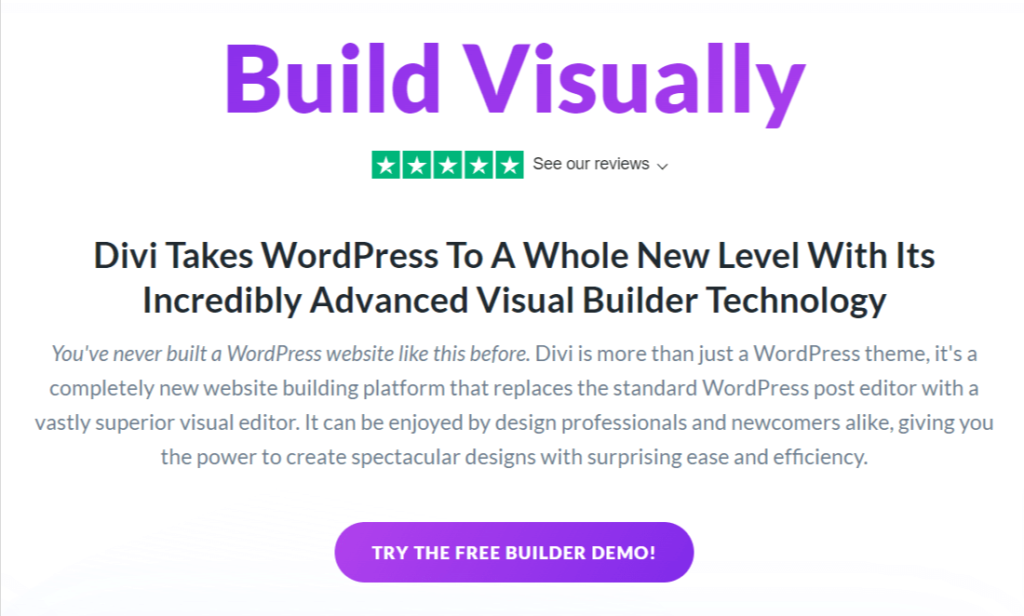
2. Content Creation and Marketing Strategies:
- Compelling Content: Create engaging and valuable content that resonates with your audience. Utilize blogs, videos, infographics, and podcasts to diversify your content.
- SEO Optimization: Research keywords relevant to your niche and optimize your content and meta descriptions for search engines.
- Regular Updates: Keep your content fresh and regularly update your website with new information, products, or services.
- Email Marketing: Build an email list and send newsletters to keep your audience informed about updates, promotions, or new content.
3. SEO Tips for Website Builders:
- Optimize Titles and Headings: Use descriptive titles and headings containing relevant keywords for SEO.
- Internal and External Links: Include internal links to other pages within your site and external links to authoritative sources.
- Site Speed: Optimize images, minimize code, and leverage browser caching to improve your site’s loading speed.
- XML Sitemap: Submit an XML sitemap to search engines to ensure all your site’s pages are indexed.

4. Social Media Integration:
- Social Sharing Buttons: Add social media sharing buttons to your content, allowing visitors to share your content on their social networks.
- Consistent Branding: Maintain a consistent brand image across all social media platforms to enhance recognition.
- Engagement: Interact with your audience on social media by responding to comments, messages, and feedback.
Remember, building a successful website is an ongoing process. Regularly analyze your website’s performance using tools like Google Analytics. Understand your audience, adapt your strategies based on their behavior, and continuously refine your website to meet their needs and expectations. By implementing these tips, you can create a website that not only looks professional but also attracts, engages, and retains your audience effectively.
Conclusion
In the ever-expanding digital landscape, choosing the right website builder is a pivotal decision that can shape your online presence, whether you are an individual, a creative professional, or a business entity. Throughout this comprehensive review blog, we have explored the diverse world of website builders, delving into their types, popular platforms, key features, and essential considerations.
By understanding the nuances of drag-and-drop builders, content management systems, e-commerce platforms, and custom solutions, you have gained insights into their strengths and limitations. We’ve highlighted real-world case studies to demonstrate the practical applications of various website builders, showcasing their ability to empower businesses and individuals to achieve their goals.
We’ve also provided valuable tips for designing a visually appealing, content-rich, and search engine optimized website. From the importance of simplicity and consistency in design to the significance of engaging content, effective SEO strategies, and social media integration, you now have a holistic understanding of the elements that contribute to a successful website.
As you embark on your website building journey, remember that your choice of a website builder should align with your objectives, budget, and technical proficiency. Regularly update your website with fresh content, monitor its performance, and adapt your strategies based on user feedback and analytics data.
In the dynamic realm of the internet, a well-crafted website can serve as a powerful tool, enabling you to connect with your audience, showcase your talents, sell products, and achieve various other objectives. With the knowledge acquired from this review, you are well-equipped to make informed decisions and create a website that not only meets your immediate needs but also evolves with your aspirations.
Thank you for exploring the world of website builders with us. We wish you the best of luck in your website building endeavors. May your online journey be filled with creativity, success, and meaningful connections.
Resources
In your online journey, having access to reliable services and tools can make a significant difference. Here’s a curated list of resources related to popular web hosting providers and platforms, designed to enhance your website, security, marketing, and productivity efforts:
1. Web Hosting Services:
- Interserver: A reliable web hosting service offering shared, VPS, and dedicated hosting plans. Explore their knowledge base and community forums for technical assistance.
- FastComet: A cloud-based hosting provider with excellent customer support. Access their blog and tutorials for web development tips and tricks.
- Kinsta: A premium managed WordPress hosting provider known for its speed and security. Check out their blog and resource center for WordPress-related insights and tutorials.
- Nexcess: A managed hosting provider specializing in WordPress, WooCommerce, Magento, and more. Visit their support portal for technical guides and solutions.
2. Website Builders and E-commerce Platforms:
- Shopify: A leading e-commerce platform offering a range of tools for online store setup and management. Explore their Academy for e-commerce courses and business guides.
- Site123: An easy-to-use website builder suitable for beginners. Visit their help center for step-by-step guides on website creation and customization.
3. Online Security and Privacy:
- NordVPN: A leading VPN service ensuring online privacy and security. Explore their blog for cybersecurity insights and online privacy guides.
- Surfshark: Another robust VPN provider with a focus on user-friendly interfaces. Check out their customer support resources for troubleshooting and setup guides.
- NordPass: NordVPN’s password manager for secure password storage. Access their blog for cybersecurity best practices and password management tips.
4. Marketing Automation and Email Campaigns:
- ActiveCampaign: A comprehensive marketing automation tool with email marketing features. Utilize their Academy for in-depth courses on marketing strategies and automation workflows.
5. Sales Funnels and Website Building:
- ClickFunnels: A powerful platform for building sales funnels and marketing pages. Explore their FunnelFlix library for courses on sales, marketing, and entrepreneurship.
- Divi: A popular WordPress theme and visual page builder. Access the Divi blog and documentation for tutorials, design inspiration, and updates.
These resources provide a wealth of information, tutorials, and community support to help you leverage the full potential of the services provided by Interserver, FastComet, Kinsta, Nexcess, Shopify, Site123, NordVPN, Surfshark, NordPass, ActiveCampaign, ClickFunnels, and Divi. Stay updated, explore new features, and optimize your online experience with these valuable resources. Happy exploring!
About the Author
As the author of this website builder review, I bring 10 years of experience in the world of web design and digital marketing. My passion for creating visually appealing and functional websites has led me to explore various web design tools and platforms, with a focus on empowering individuals and businesses to establish a compelling online presence.
Throughout my career, I’ve had the opportunity to work on a diverse range of web design projects, from personal blogs to e-commerce stores and corporate websites. My goal is to share my expertise and insights with fellow web enthusiasts, providing valuable information to help you make informed decisions in your web design endeavors.
If you have any questions, feedback, or would like to connect with me, please feel free to reach out via email or through my social media profiles. For more details about our website and policies, you can also visit our “About Us” page and review our Privacy Policy.
Thank you for joining me on this journey, and I hope you find this review valuable in your web design endeavors.
-Mohammed Zaid Khan


